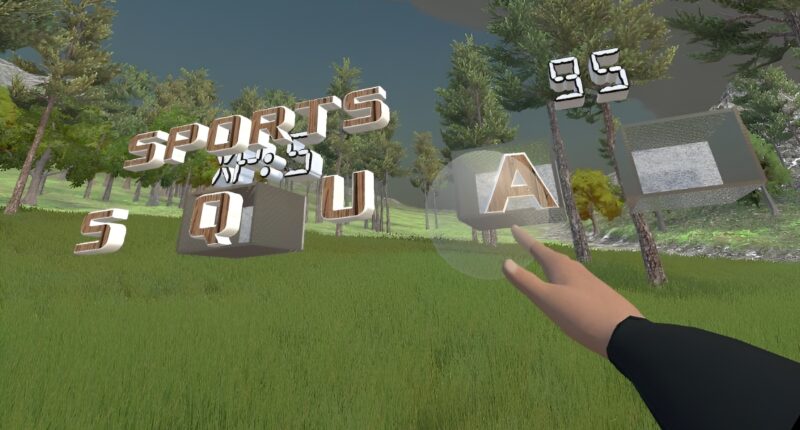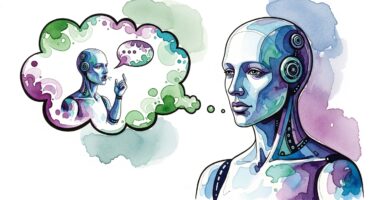University of Michigan researchers are leading a $3.5 million effort to eliminate lag in therapeutic virtual and augmented reality games, enabling wheelchair users to play adaptive soccer from home and Parkinson’s patients to engage in cognitive exercises with remote therapists.
The two-year project, funded by the National Science Foundation and partnering with Duke University, Columbia University, Nokia Bell Labs, the University of Southern California, and Microsoft Research, focuses on making games as responsive as possible by reducing latency to less than the blink of an eye.
The team is focusing on two games. One is an adaptive soccer game developed by U-M startup iGym, in which players kick a digital ball projected from a ceiling or manifested in a virtual space. Wheelchair players hit a button to time their kicks as they approach the ball, enabling them to play with people who can run and kick their feet. Currently, the game can be played in a gym outfitted with a projector and tracking system. However, VR and AR could enable some children to play from home, or for two teams to face off in different cities.
The second game is WordPlay, a word game developed at USC in which users pace across an animated deck, stepping over virtual obstacles, to pick up letter blocks and add them to a large puzzle that hangs in the air above a railing. This game enables people with Parkinson’s disease to combat its progression through simultaneous physical and cognitive exercises, while creating a digital space for virtual visits with a word-gaming friend or physical therapist.
“If you’re playing a soccer game, for example, then you need really low latency,” said Jiasi Chen, U-M associate professor of electrical and computer engineering, who leads the project. “Especially if you want people to play at different locations, it has to be very reactive and fast. Even if you’re playing a slower game, if there’s lag between touching something and moving it, that won’t feel good to the user.”
The challenge requires information to travel from players’ wearables to the local 5G base station and then to the cloud, where the complete virtual world is hosted, before returning to the players and any participating therapists. Whilst light is fast enough to make this happen in real time, networks are not always so quick.
The team plans to address latency in three research thrusts: developing code to compensate for lag within the game, creating traffic mapping for the web to determine the fastest route to the server in the cloud, and prioritising which information requires the fastest transmission within the rooms where players are located.
In June 2026, the team anticipates conducting its first demonstration at the University of Michigan (U-M). By the end of the period, they will simultaneously demonstrate in two locations: Duke University in Durham, North Carolina, and Nokia’s Bell Labs campus in Murray Hill, New Jersey, with the aim that participants will feel as if they are in the same room.











